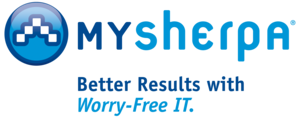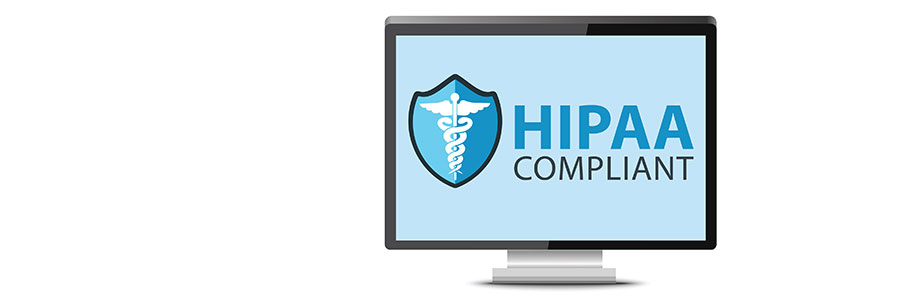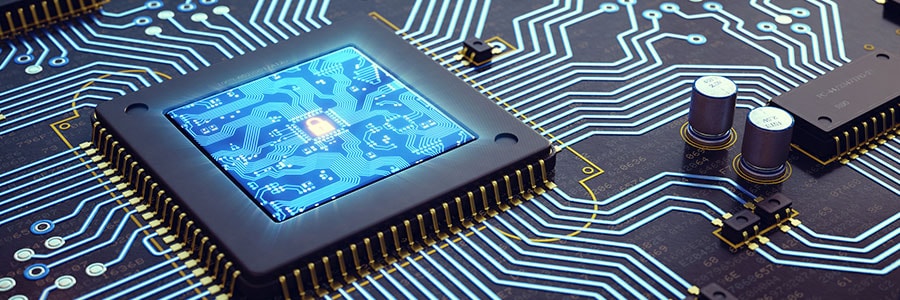Just like other industries, healthcare providers are using mobile devices for doing work and communicating with practitioners, staff, and patients. Wireless networks and portable devices in the healthcare setting have their benefits, and the IT staff must have controls like Mobile Device Management (MDM) software to efficiently maintain and manage the security and privacy required by federal regulations.
Mitigating healthcare insider threats
Social Media and HIPAA Compliance

Before Social Media platforms like Facebook went live, HIPAA was established to protect the privacy of medical providers and their patients. And although there are no specific rules for Social Media use, every healthcare organization must implement security protocols that adhere to privacy policies.
Cybersecurity protocols to protect PHI
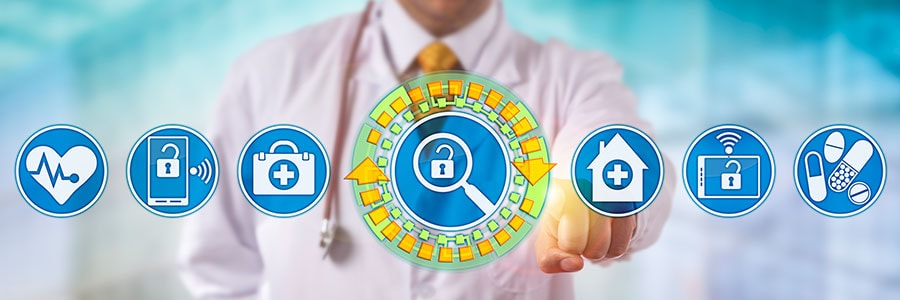
As you are well aware, healthcare companies and the vast amount of valuable patient information they hold have become a major target of cyberattacks. Hospitals must combat this with a highly-trained team of technicians equipped with premium systems and protocols, including:
Routine Access Monitoring
To control access to protected health information (PHI), your IT department must introduce guidelines and restrictions.
3 ways to avoid Spectre and Meltdown
Benefits of virtualization for healthcare
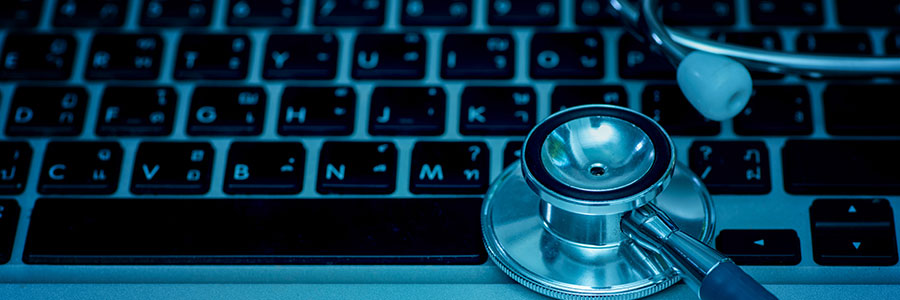
Compared to organizations in other industries, healthcare practitioners are having difficulty adopting new technology. Providers are understandably hesitant about storing electronic health records (EHRs) in the cloud, but there is another option. Virtualization increases IT stability and efficiency and keeps your most sensitive information on site.
The EHR vs traditional record debate
Is the future of the healthcare industry digital? Experts see no other way forward, as demonstrated by the popularity of electronic health records. However, critics of this new recording process have pointed out major flaws that aren’t present in its traditional counterpart: paper-based recording.
Healthcare Security Breaches Skyrocket
Mobile devices and healthcare businesses
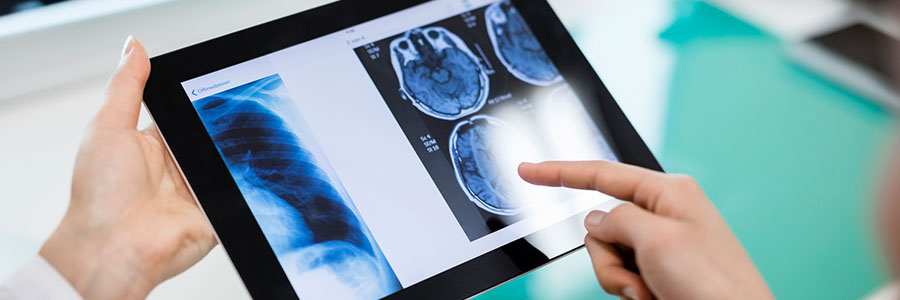
Data security and compliance need to be high on the list of any healthcare organization's priorities. Do you have security measures in place to protect your patient data? Is your practice compliant with the HIPAA regulation? If you answered "no" to any of these questions, this article is a must-read.
IoT in healthcare: Blessing or curse?

The general rule of thumb of cybersecurity is: Anything that connects to the internet can be hacked. With the increasing popularity of Internet of Things (IoT) in the workplace, every business should be on high alert, especially those in the healthcare industry where patients' well-being hinge on the security of the device.
